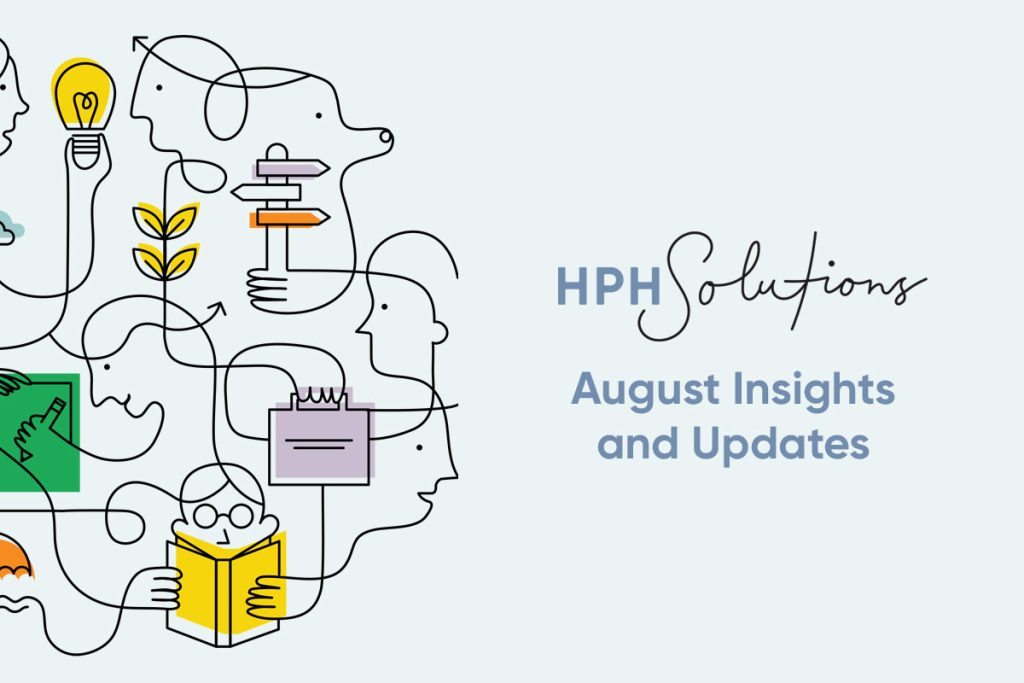I don’t drink coffee.
The question often asked of me when I confess to this is:
“How do you do life?”
I know, it’s so weird to people who absolutely love coffee.
I guess the caffeine hit is a thing, but I wonder how much of their love for coffee is about the love of the daily ritual?
This is a concept that’s explored in the latest book I’ve been reading by award-winning behavioural scientist and Harvard Business School professor, Michael Norton.
His book is called The Ritual Effect.
Norton’s decade-long research on the subject demonstrates that rituals can reduce stress, strengthen relationships and bring a sense of purpose and enchantment to life.
He argues that there is a key difference between habits and rituals. Habits are typically automatic and routine, whereas rituals are performed with intention and mindfulness, enriching the experience with deeper significance.
He cites many examples, but one simple one to which we can all relate is the clinking of glasses when sharing a drink with friends or family.
And as for my dislike of coffee, well, I do drink tea. And when I asked ChatGPT to create an image that best represents the findings articulated in Norton’s book, without any prompting to include tea, it created this image and provided the explanation below.
Here is an artistic representation that captures the key findings of “The Ritual Effect.” It depicts a serene moment where a person is fully immersed in the mindful ritual of making tea, symbolising how everyday actions, when performed with intention and care, can bring deeper meaning and satisfaction to life. The warm sunlight and calm atmosphere evoke the peacefulness and purposefulness that rituals can bring to our daily routines.
Rob Pyne
What happens when you fail at market timing
The impact of being out of the market for just a short period of time can be profound, as shown by a hypothetical investment in the stocks that make up the Russell 3000 Index, a broad US stock market benchmark.
You can view the modelling here.
Budgets and markets
Budget media coverage typically raises questions among investors about the implications for asset prices arising from the governments’ projections for revenue, spending, public debt and major economic variables like inflation and growth.
Yet there has been little relationship between central government debt and stock market returns over the past few decades. This lack of a link holds true even for the nations with much higher levels of public debt such as the US, whose equity market has been one of the world’s best performing in recent years.
How can this be? Read more here.
Plan for what can happen – don’t try to predict what will
Investors often fret about what current events might mean for stock market returns. Things that can fuel this anxiety include media headlines implying that “X” leads to “Y”. This tends to lead to implicit questions along the lines of: “Isn’t it obvious that (this event) will mean (that outcome) for markets?”
The short answer is … no, it’s not.
Case study: Confidently spending money in retirement
When it comes to financial security, two questions tend to dominate the thoughts of retirees:
- How much money can I spend?
- Am I going to run out of money one day?
When the answers to these questions are uncertain, it can lead to frugality and caution, which can then impact the quality of the retiree’s life.
How can we avoid this outcome? Read the case study here.
Meet the team: Dennis Voo
If you joined HPH as a client within the last couple of years, here is the legend who guided you through our onboarding process. It’s quite an uplift when you get started, as you may remember, and we’re so fortunate to have someone as dedicated and detail-oriented as Dennis supporting you with these important first steps.
Dennis is a great supporter of his workmates too: famous in the office for being a generous distributor of 3pm energy-boosting snacks, and for his extraordinary patience and kindness.
Find out more about Dennis here.




